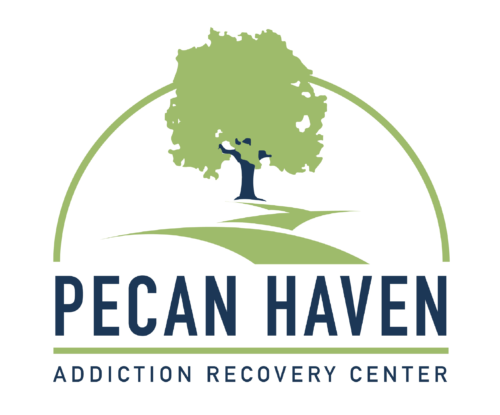A substance called tianeptine has been gaining popularity due to its potential for abuse and addiction. This substance was originally developed as a treatment for depression, and is often marketed as an antidepressant or dietary supplement.
However, although it may seem harmless, tianeptine use can come along with major consequences.
What is tianeptine?
Tianeptine is an atypical antidepressant– which is a medication used for treatment of depression that’s different from other medications more traditionally used as antidepressants, like SSRIs.
It is currently not approved for medical use in the United States due to its opioid-like effects. Even despite this, the drug has found its way into the United States market through a variety of channels, like online sales or gas stations. These methods of sale have earned the drug the nickname of “gas station heroin”.
What happens if you get addicted to tianeptine?
Tianeptine’s potential for abuse lies in its opioid-like effects. When it’s taken in higher doses than recommended, it can produce feelings of euphoria and relaxation, which leads some individuals to use it recreationally.
However, both physical and psychological addiction to the drug can develop rapidly. Users may experience withdrawal symptoms, like anxiety, irritability, and flu-like symptoms, when they attempt to stop using the drug.
What are some of the dangers of tianeptine addiction?
Use of tianeptine can lead to a wide variety of health consequences. These include, but are not limited to, respiratory depression, cardiovascular issues, and liver damage. Additionally, overdose can occur– which can be life-threatening.
Tianeptine is also not federally regulated in the United States. Some states have taken steps to ban it, or regulate it; in these states, possession or distribution of tianeptine can lead to major legal repercussions.
How can I seek help for tianeptine addiction?
Just like addiction to all substances, recovery from addiction is possible with some dedication, purposeful action, and patience. Acknowledging that you are dealing with a problem is the very first step– is using tianeptine affecting your daily life? What about your relationships and finances?
Seeking professional treatment is also a very important step to take when dealing with tianeptine addiction.
Treatments for tianeptine may vary based on the severity of the habit and other factors within your life, but with the help of a supportive network of friends and family, plus some sound medical advice, you’ll be able to move on from your addiction to tianeptine.
Is tianeptine addiction serious?
If you, or someone you know, is currently dealing with addiction to tianeptine, please seek professional help. Letting medical professionals know what’s going on will help them figure out the best treatments for you, which takes you one step closer to enjoying recovery.
Even though tianeptine might not seem too serious– after all, how bad could it be if it’s sold at the gas station?– it is a substance that should never be taken lightly. Be aware of what tianeptine is, and how addictive it can be, in order to keep yourself and your loved ones safe.
If you’re struggling with addiction, it might be time to seek help from an addiction treatment center. Give us a call today, or fill out our online assessment to get started.
